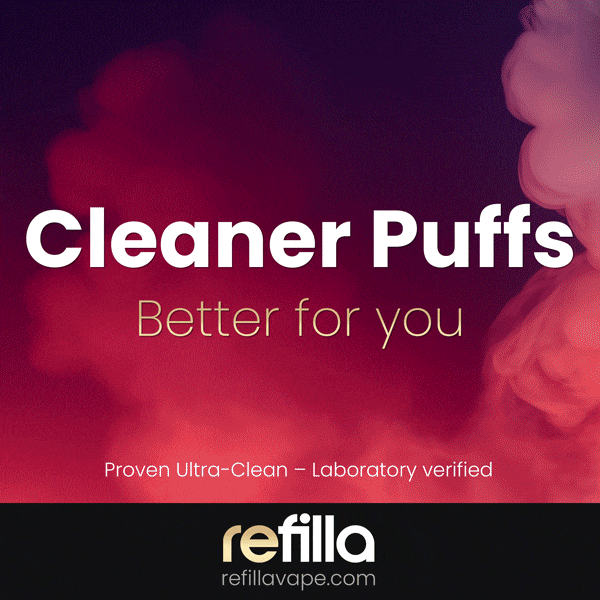In September 2024, President-elect Donald Trump met privately with a prominent vaping industry lobbyist, leading to a significant shift in his stance on vaping.
Following the meeting, Trump publicly vowed to ‘save’ vaping, a departure from his earlier position during his presidency when he considered banning flavoured e-cigarettes due to rising concerns about youth vaping.
This policy reversal underscores the complex interplay between public health objectives and industry influence. During his tenure, Trump faced mounting pressure to address the surge in youth vaping, which had been declared an epidemic by health officials.
In response, his administration proposed a ban on flavoured e-cigarettes in 2019, aiming to curb their appeal to younger demographics. However, intense lobbying from the vaping industry and political advisors led to a retreat from this position, highlighting the challenges in balancing public health concerns with economic and political considerations.
The vaping industry has consistently argued that e-cigarettes serve as a less harmful alternative for adult smokers seeking to quit traditional tobacco products. They contend that restrictive regulations could push consumers toward unregulated and potentially more dangerous products.
This perspective has found resonance among certain policymakers who view vaping as a harm reduction tool. Conversely, public health advocates express concern that lenient policies may undermine efforts to reduce nicotine addiction, particularly among youth.
The Centers for Disease Control and Prevention (CDC) has reported a significant increase in e-cigarette use among middle and high school students over the past decade, raising alarms about a new generation becoming addicted to nicotine.
Health experts emphasise the need for stringent regulations to prevent youth access and to ensure that vaping products are safe and effective for smoking cessation.
Trump’s renewed support for the vaping industry has sparked debate among stakeholders. Industry representatives have welcomed the shift, viewing it as an opportunity to promote vaping as a viable alternative for smokers. However, public health officials caution that without appropriate safeguards, such policies could lead to increased youth uptake and potential health risks associated with vaping.
This development also has political implications, as it reflects the influence of industry lobbying on policy decisions. The vaping industry has invested substantial resources in advocacy efforts, seeking to shape regulations in their favour.
Trump’s policy reversal illustrates the impact of these efforts and raises questions about the role of special interests in public health policymaking. President Trump’s shift in stance on vaping, following a meeting with an industry lobbyist, highlights the ongoing tension between public health objectives and industry interests.
As the debate continues, it underscores the need for balanced policies that protect public health while considering the perspectives of all stakeholders involved.
Discover more news from the vape industry
Enjoyed reading this article? Head over to the ‘News‘ section of the website to discover more vaping-related stories from Vapouround.







